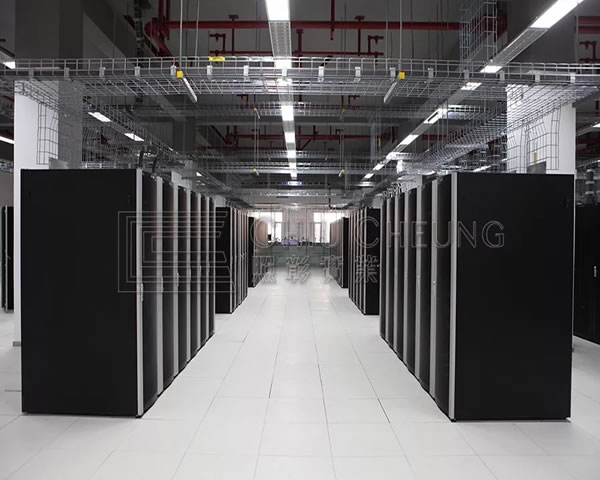In a global Internet environment, choosing the right VPS node is crucial to the user experience. For Singapore users, many factors such as geographical location, network latency, service stability and after-sales support need to be considered. Among the two options, Japan and South Korea, which one is more suitable for Singapore users? This article will compare from multiple aspects to help users make informed choices.
Network latency is one of the important factors affecting VPS performance. Singapore and Japan are relatively close geographically, and usually the connection speed will be faster and the delay will be lower. According to network test results, the delay for connecting to Tokyo from Singapore is generally around 50 milliseconds, while the delay for connecting to Seoul may be slightly higher. However, actual delays are also affected by network lines and service providers. Therefore, users should conduct specific tests when selecting to ensure that the optimal node is selected.
Service stability and reliability are key factors that users must consider when choosing VPS nodes. Japan is known for its efficient infrastructure and advanced technology, and its VPS services are usually relatively stable. South Korea is not inferior in technological development, especially in terms of Internet speed and data transmission. Users can evaluate the stability of Japanese and Korean nodes by viewing user reviews and historical failure records from major service providers.
Data privacy and legal environment are also important factors that Singaporean users need to consider when choosing VPS nodes. Japan has relatively strict protection of data privacy, complies with international standards, and has a good data protection agreement with Singapore. South Korea also has a relatively complete legal system in privacy protection, but in some cases, more complex legal procedures may be involved. Therefore, when users select nodes, they need to pay attention to the laws and regulations of each country to ensure data security.
Quality technical support and customer service are crucial to VPS users. In this regard, Japanese service providers usually provide efficient and timely customer support, and many service providers support multiple languages, including English and Chinese. South Korean service providers also performed well in technical support, but there may be some obstacles in language communication. For users who are not familiar with English, it is more appropriate to choose a service provider that provides Chinese support.
Although this article does not discuss the price in detail, when users choose VPS nodes, cost-effectiveness is a factor that cannot be ignored. Generally speaking, the prices of VPS services in Japan and South Korea are relatively close, but the specific costs will vary depending on the service provider. Users should choose the right configuration and price according to their own needs to obtain the best cost-effectiveness. At the same time, pay attention to check whether the service provider provides a trial period so that it can have an actual experience before making a decision.

Different usage scenarios may affect the user's choice of VPS nodes. If users mainly engage in activities such as games, live videos, etc. that require high delay requirements, it may be more appropriate to choose Japanese nodes. If users are mainly engaged in tasks such as data storage and file transfer that require low latency, Korean nodes can also meet the needs. Therefore, it is crucial to select the appropriate VPS node according to the specific usage scenario.
When Singaporean users choose VPS nodes, Japan and South Korea each have their own advantages and disadvantages. Overall, Japanese nodes have performed well in terms of network latency, service stability and data privacy, while Korean nodes cannot be ignored in terms of technical support and cost-effectiveness. It is recommended that users make comprehensive considerations when making choices, and conduct actual testing when possible to ensure that the selected nodes can meet their specific needs.
- Latest articles
- Effective Strategies On How To Improve Website Rankings In The Korean E3 Site Group
- Analysis Of Japanese Server Applications In The Automotive Industry
- Price And Performance Analysis Of Vietnam Vps, Is It Worth Buying?
- Compare Major Thai Vps Brands, Which One Is Better And Cost-effective?
- Understand The Stability And Speed Test Methods Of Hong Kong’s Native Ip
- Features And Experience Sharing Of Cambodia Dynamic Server
- Successful Operation Experience Of Amazon Us Wechat Evaluation Group
- Differences And Optimization Suggestions Between Hong Kong, United States, Japan And South Korea Site Groups
- Gcorelabs Japan Vps Review And User Experience Sharing
- Do You Dare To Use German Luxembourg Server Security Analysis?
- Popular tags
-
Process And FAQs For Renting Cloud Servers In Singapore
This article details the process of renting cloud servers in Singapore and answers some common questions to help users better choose cloud servers. -
The Best Choice And Experience Of Large Bandwidth VPS In Singapore
This article discusses the best choices and user experience of large bandwidth VPS in Singapore, providing users with comprehensive reference and suggestions. -
Which VPS Is Easier To Use In Singapore To Make Your Business More Efficient
This article explores VPS selection and usage advice in Singapore to help you find an efficient VPS solution for your business.


